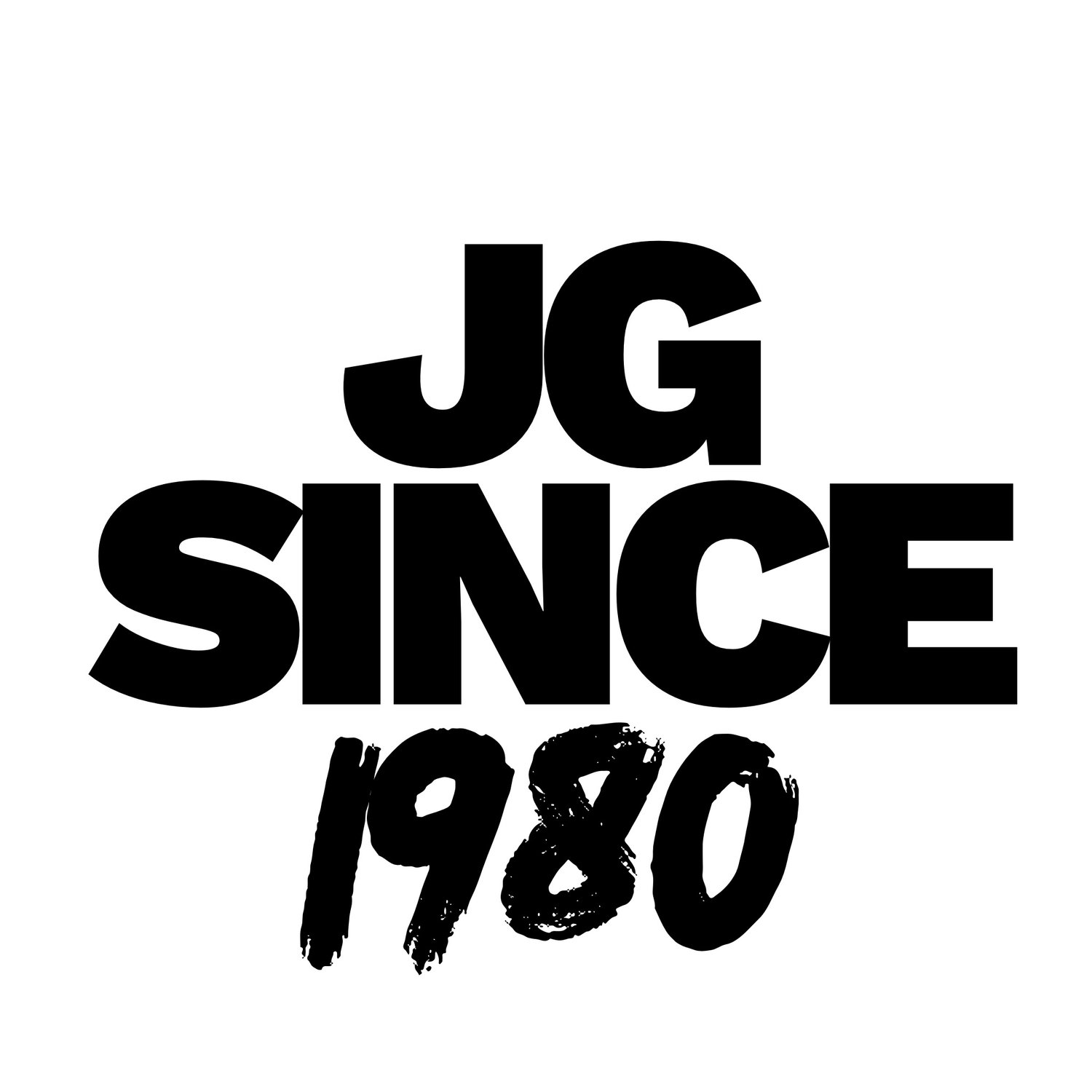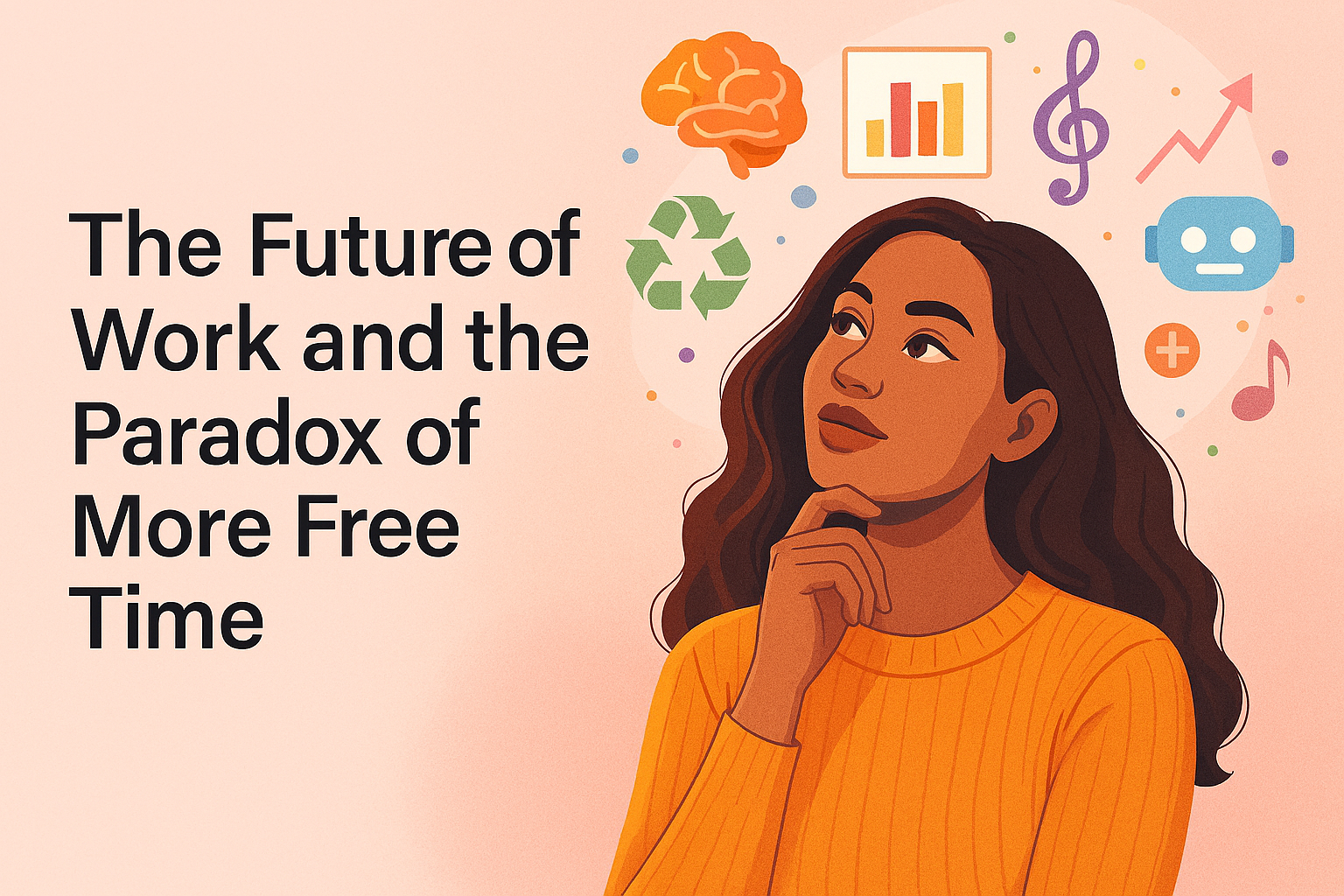The Future of Work and the Paradox of More Free Time
I’ve been thinking a lot lately about the future of work especially in a world increasingly shaped by AI. Most conversations focus on automation, efficiency, and productivity, but there’s an often-overlooked dimension: how humans will actually handle more free time.
The common assumption is that more free time is inherently good. After all, who wouldn’t want fewer hours chained to a desk and more hours to pursue hobbies, passions, or rest? But I’m beginning to wonder if that assumption is too simplistic.
Humans thrive on structure, purpose, and challenge. Work isn’t just a source of income it’s a framework through which many of us make sense of life.
As AI takes over repetitive, analytical, and even creative tasks, the human experience of work will change dramatically. While some will embrace the freedom to explore new endeavors, others may struggle to find meaning. The sudden expansion of unstructured time may trigger anxiety, boredom, or even a sense of purposelessness.
This raises critical questions:
How will we define purpose when productivity is no longer the measure of our value?
Will leisure itself become a skill we need to cultivate?
How do we design societies and communities that help people thrive in this new era of “time abundance”?
I’ve kind of touched on this before here: The Gift of More Time: Embracing Presence in an Era of Longer Lives. My recent reflection explores the profound implications of extended lifespans on human experience. I emphasized that merely adding years to life isn’t sufficient; the true challenge lies in how we choose to live those years. I advocated for a shift from the relentless pursuit of future goals and the weight of past regrets to a practice of mindfulness…being fully present in each moment. This approach, I suggested, can transform our relationship with time, allowing us to savor life’s nuances, foster deeper connections, and cultivate emotional resilience. In a future where time is abundant, I posit that the key to fulfillment lies not in accumulating more, but in truly experiencing what we have.
With this in mind, I believe the next frontier of human evolution isn’t just about what AI can do it’s about how we adapt. Learning to navigate free time thoughtfully, intentionally, and creatively may be as important as learning any new technical skill.
In the coming years, the conversation about AI won’t just be about what work disappears. It will be about what kind of life we want to create for ourselves when we’re no longer defined by work. And that, I think, is both terrifying and exhilarating.
Copyright © 2025 Jameel Gordon - All Rights Reserved.

